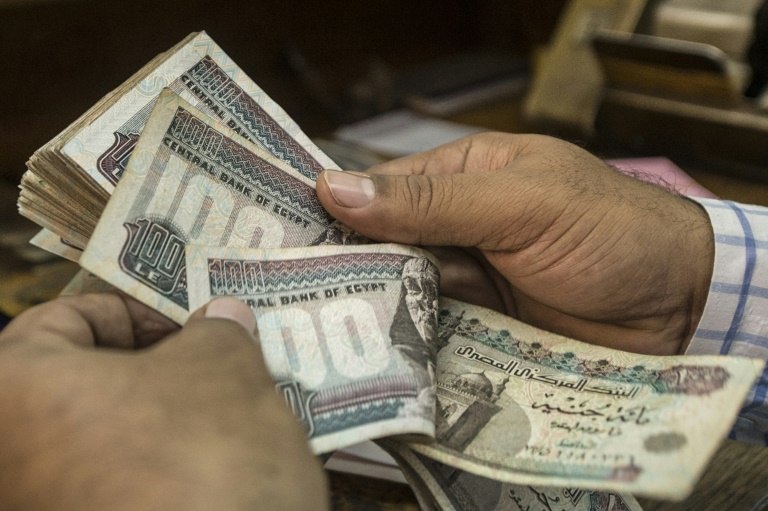
The rising inflation rate is the result of series of currency depreciations starting from March 2022, chronic shortage of foreign currency and ongoing delays in importing goods into the nation.
Egypt, which received a $3 billion loan from the International Monetary Fund in December, has halved its currency from March 2022, due to the aftermath of Russia’s invasion of Ukraine, which has highlighted the weaknesses of the Egyptian economy.
Annual urban consumer inflation rose to 33.6% in March, according to consensus expectations of 13 economists surveyed.
Egypt’s highest inflation rate was 32.952% in July 2017, eight months after the country’s currency was halved as part of a previous $12 billion IMF aid package.
The core inflation figure, which excludes gasoline and some volatile food items, is due later on Monday. The average of analysts’ projections is for February to rise to 42.25% from the current record of 40.26%.
Food and commodity prices have been rising steadily for a year, making it difficult for some Egyptians to cope, and Egyptian authorities have been urged to increase social and economic support for the most vulnerable members of society to avoid a setback from the country’s worsening economic situation. .
Recently, Egypt has raised its interest rates. The Central Bank of Egypt raised interest rates in hopes of taming Egypt’s raging inflation and supporting the Egyptian pound, which has been steadily depreciating against international currencies. Still, the failure of successive rate hikes over the past year has raised doubts among some economists about the ability of recent rate hikes to succeed where previous rate hikes have failed.
“The latest rate hike will not succeed when previous rates have failed because our government is pursuing an expansionary policy, rather than the contractionary policy it should be pursuing.” said Aliya Al-Mahdi, former dean of the School of Economics and Political Science at Cairo University.
Egypt is currently one of five African countries with worst debt crises in 2023. Inflation, rising borrowing rates and a strong dollar have made it difficult for Egypt and some other countries to repay loans and generate financing, the North African country said. To withstand some financial consequences.

